If you've been scrolling through Instagram lately, you've probably seen influencers glowing like they've discovered the fountain of youth—all thanks to their "plant-powered" lifestyles. Salads piled high, smoothies greener than envy, and captions screaming, "Vegan for the win!" But hold the kale chips for a second. What if that trendy diet isn't all sunshine and soy lattes? Today, we're unpacking an eye-opening review from Cureus (published back in 2023, with a tweak in 2025) called "The Impact of a Vegan Diet on Many Aspects of Health: The Overlooked Side of Veganism." Written by docs Atul Bali and Roopa Naik, it's like the plot twist in your favorite rom-com: veganism has perks, but it also packs some sneaky side effects. And trust me, blindly following a TikTok guru's advice could leave you feeling more wilted than empowered. Remember our chat about keto in "A Beginner’s Guide to the Ketogenic Diet: Fat, Fun, and Farewell to Carbs"? Diets aren't one-size-fits-all—let's dive in with a beginner's lens, no PhD required.
So, What's The Buzz On Veganism?
Veganism means ditching all animal products: no meat, dairy, eggs, or even honey (sorry, bees). It was initially favoured by folks chasing health highs or eco-points; however, its popularity has recently been decreasing as some of its darker sides have been revealed. Strict veganism has short-term wins when compared to ultra-processed foods (read more about that minefield in our blog "Ultra Processed Foods: A Beginners Guide to the Nutritional Minefield") like slashing risks for heart disease, diabetes, and obesity.
Welcome to the Dark Side of Being Vegan...
This study shows that chronic use of the vegan diet comes with some downsides. It can lead to nutrient shortfalls that hit your body like a stealthy ninja.
Think protein, where plant sources like soy are less 'complete' than a steak—your muscles might not get the full amino acid & nutrient party.
Creatine, with its brain and mood boosting effects, is completely missing in vegan diet. While the body can produce a small amount naturally, it's no where near enough for optimal health & function.
Then there's vitamin B12, the brain's bestie, totally absent in plants. Skimp on it, and you could face fuzzy thinking, anemia, or even a higher cancer risk. The review links low B12 to breast, cervical, and gut cancers—yikes! It's like inviting a villain to your health bash without realizing it.
Vegans also often fall short on calcium and vitamin D (no dairy means no natural boost), leading to brittle bones and more fractures. One big study cited showed vegans had over twice the hip fracture risk compared to meat-munchers. Picture this: you're acing your yoga poses but snapping a bone mid-downward dog—talk about a plot twist!
Iron, zinc, and selenium join the deficiency club too, thanks to plant compounds that block absorption. Zinc dips could mean more mood slumps, which might explain why the review flags higher depression and anxiety rates among vegans (up to 35% lifetime risk vs. 19% for omnivores). Women seem hit hardest. The results of this study highlight the danger of social media glossing over these pitfalls while pushing perfection.
Now, let's talk vulnerable crews.
Kids, teens, moms-to-be, women in general, and even the golden agers can all be at risk.
Pregnant vegans? Higher odds of tiny babies (nearly 6 times the risk of small-for-gestational-age) and lower birth weights—B12 shortages could even spike neural tube defects. A vegan mother's breast milk might lack key fats like DHA from fish, hailed for its immune-boosting properties.
For growing kiddos, vegan diets might stunt height or bone density, entering puberty with a BMD deficit that's like starting a marathon with untied shoes. One cross-sectional study found vegan children shorter and with lower vitamin D.
Women, who often have naturally lower creatine levels than men (thanks, biology!), might miss out on this muscle-and-brain powerhouse found abundantly in animal products—potentially leading to poorer sleep quality and that foggy-headed feeling. Check out our blog "Dream Fuel: How Creatine Could Be Your Bedtime Bestie—Especially for Women" for more on that.
And for the elderly, skipping animal foods could dial up cancer risks due to missing nutrients like creatine and trans-vaccenic acid, which rev up your body's natural defences—think of it as leaving your immune system without its favorite sidekicks. Dive deeper into how meat and dairy might flex against those rogue cells in our posts "Creatine vs. Cancer: Could Your Steak Save the Day?" and "Moo-ve Over Cancer: How Meat and Dairy Might Be Your Immune System's New BFF."
Vegan Vibes - What's the Reality?
Next time a reel screams 'Go vegan, it's great for you!' chuckle and think: Compared to what? A diet filled with ultra-processed foods? Sure. But then so is every other healthy diet, and those omnivore diets don't have the same micronutrient deficiencies that a strict vegan diet does. Perhaps the best option is to stick to a diverse range of foods that can cover all your nutritional bases? 🤔
Of course, there's a silver lining (or should I say Supplement Sparkle?) for those who continue to insist on munching just vegetables. Many deficiencies can be zapped with smart additions. Pop a B12 pill, snag a multi-mineral, or chug down some creatine powder from supplements—easy peasy. Here are some links and recommendations, so you can fortify without fuss. For our UK readers check out Healf for a great range of different brands. For our USA readers check out the brand Myoxience, for amazing high quality supplements.
Whatever your thoughts on the vegan diet, make sure to talk to an intelligent healthcare professional about your dietary needs. Remember, informed eating beats socially trendy feasting any day!





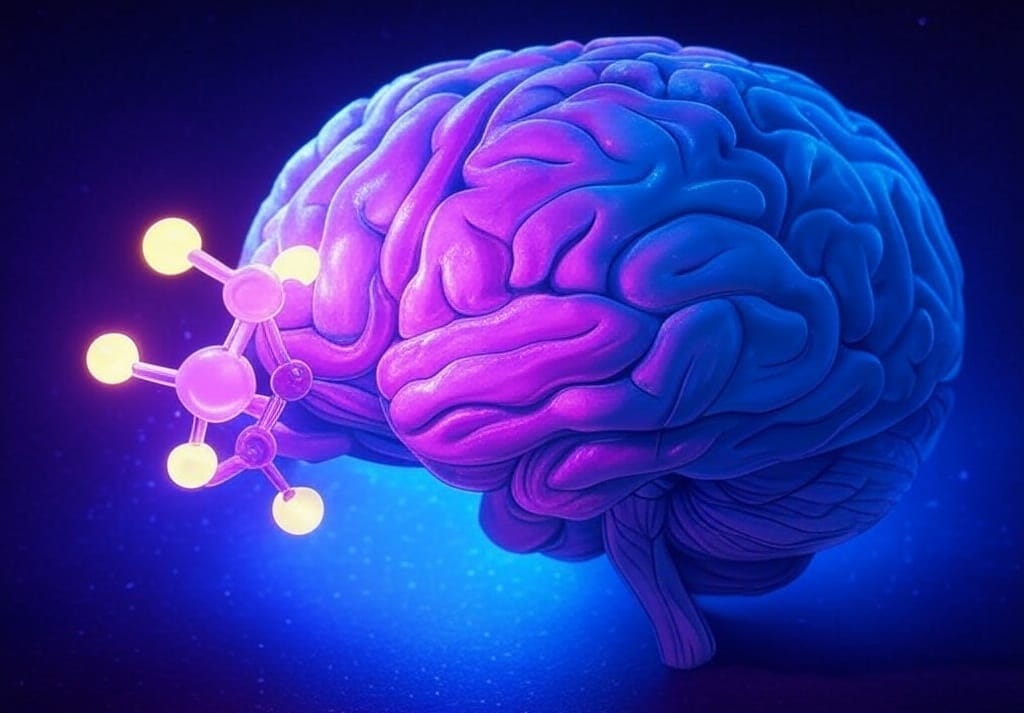
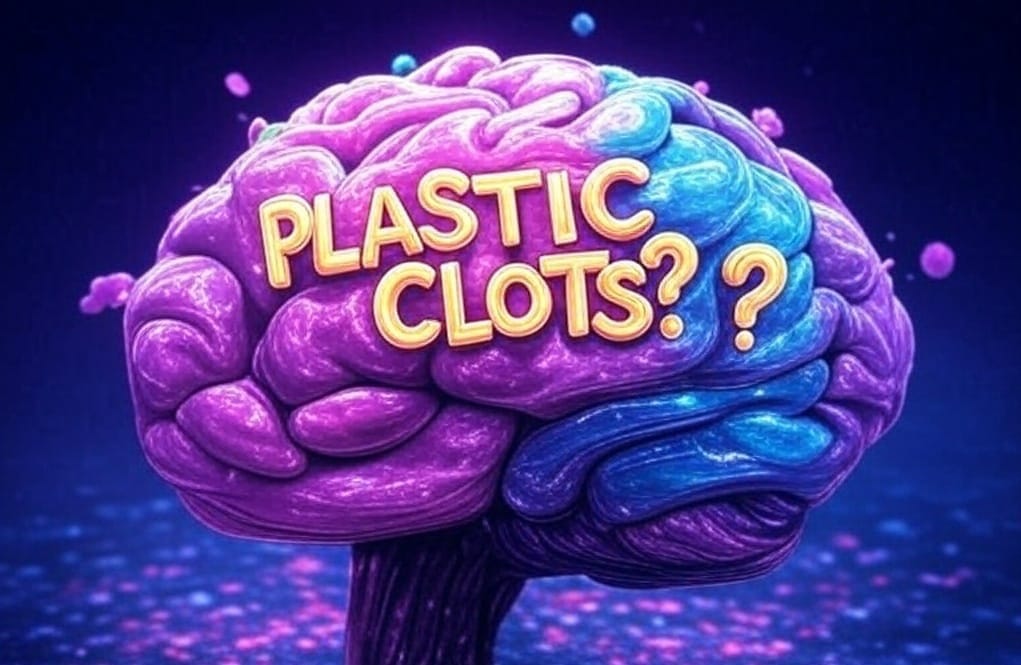
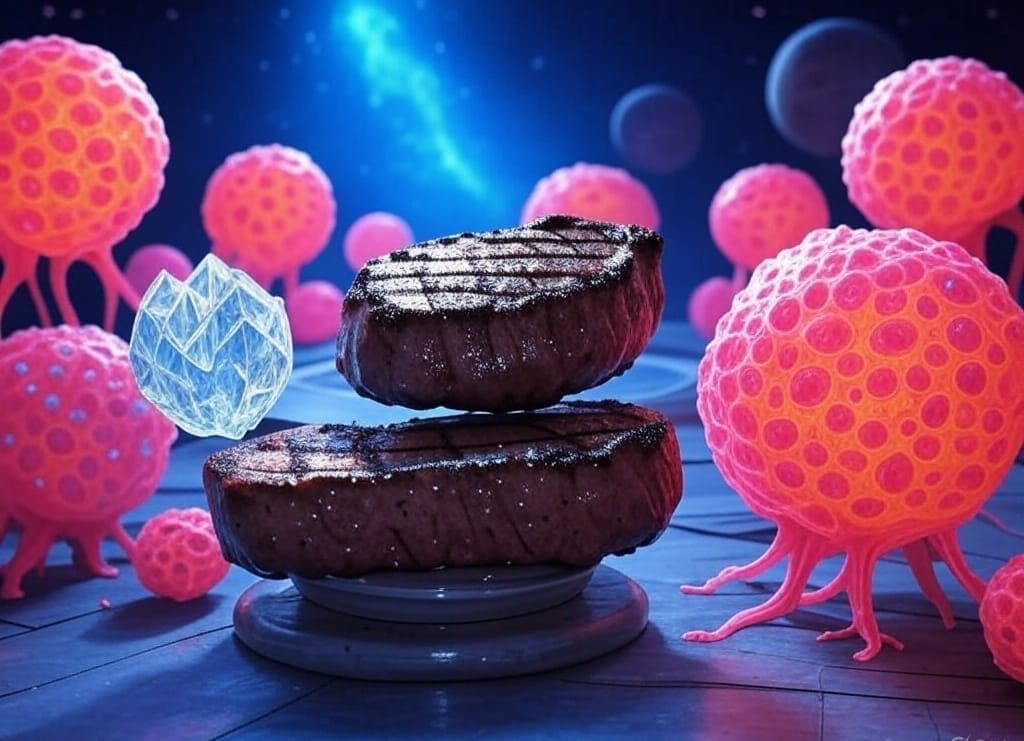

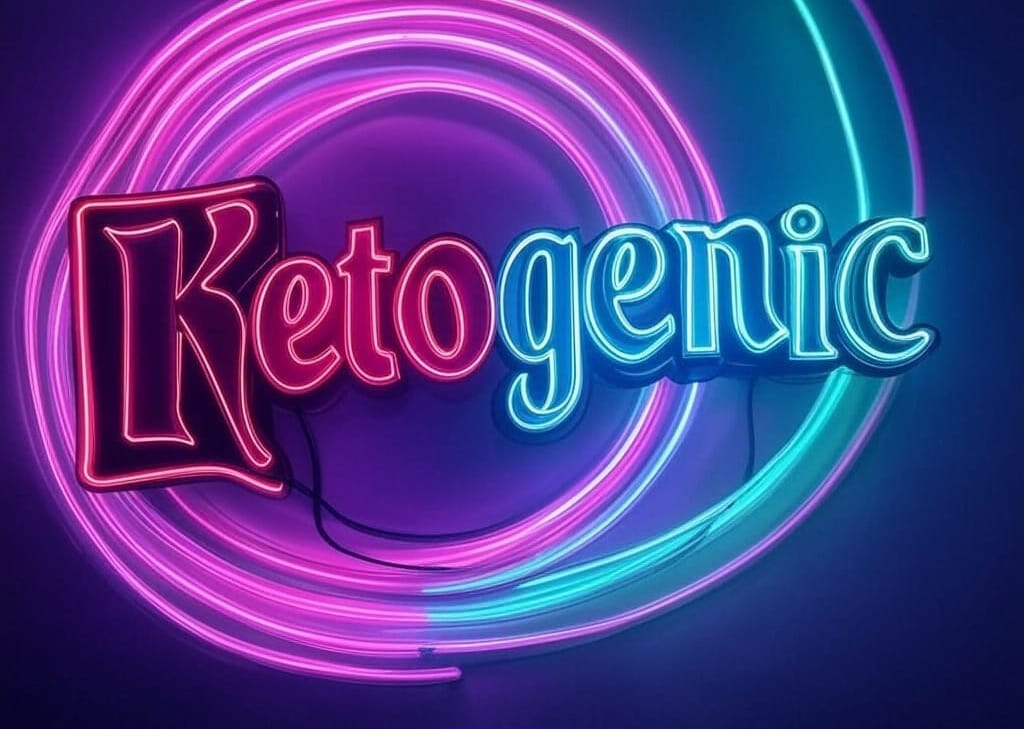
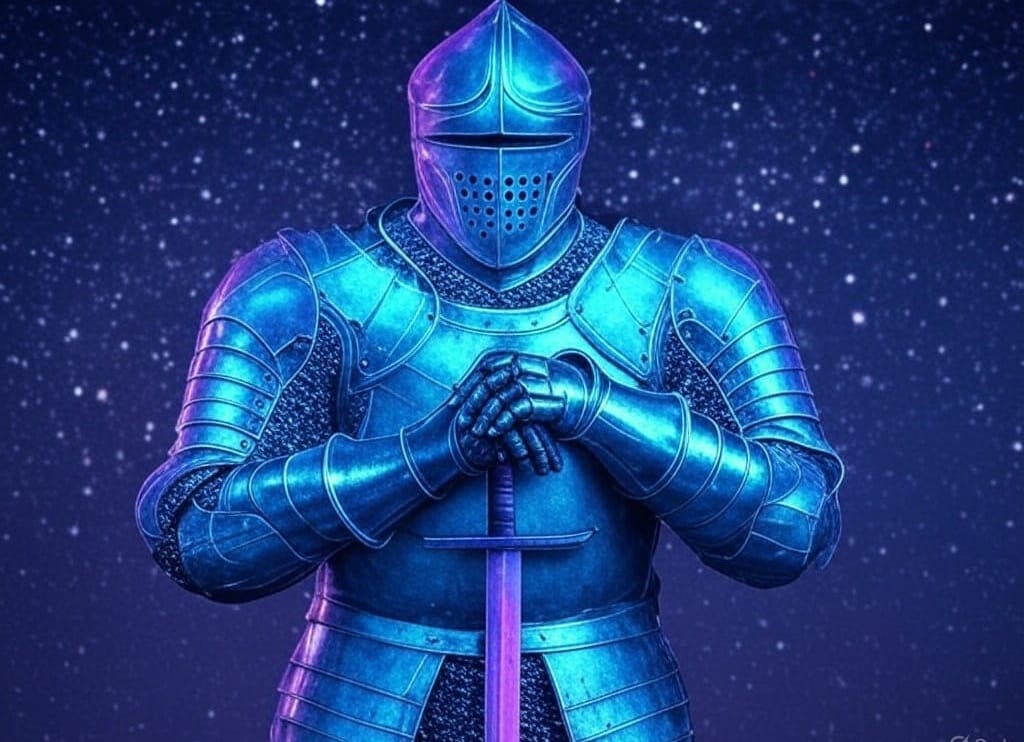
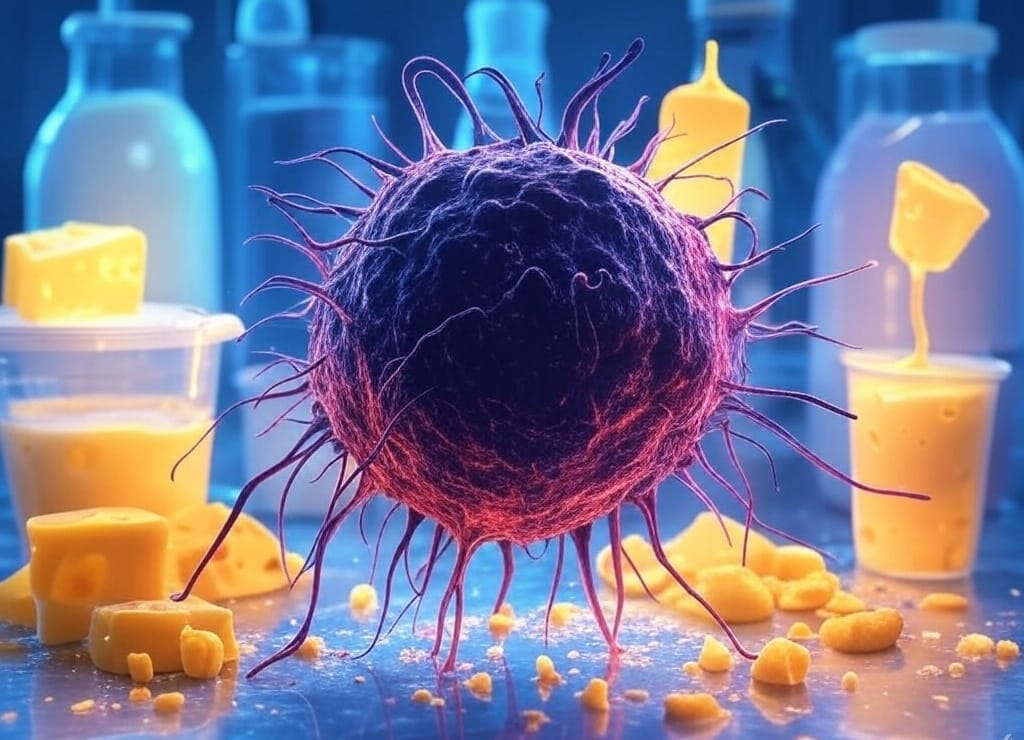
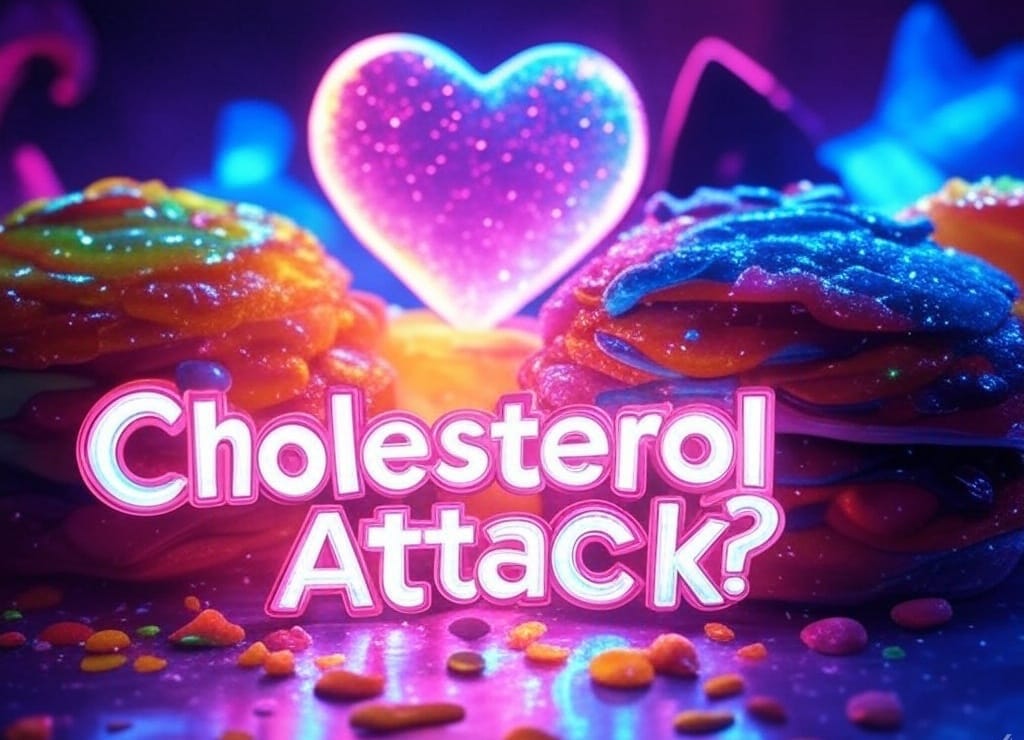

Discussion